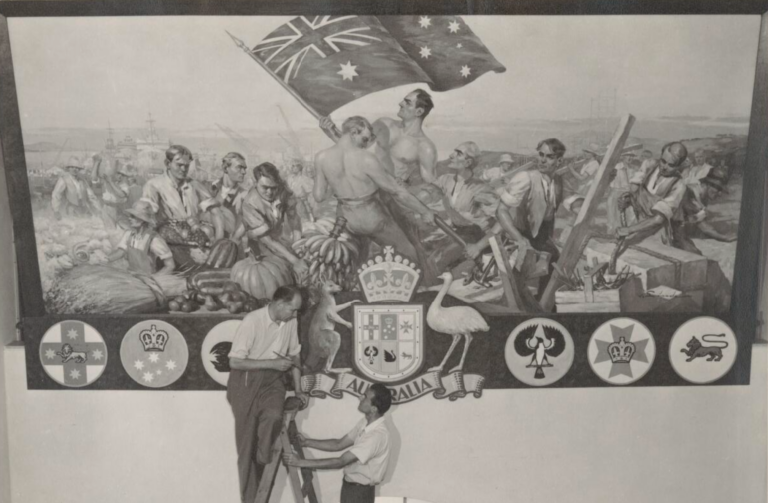
23 Jan, 1950
Australian Citizenship Conventions
Sign up for our monthly newsletter to hear the latest news and receive information about upcoming events.

Sign up for our monthly newsletter to hear the latest news and receive information about upcoming events.